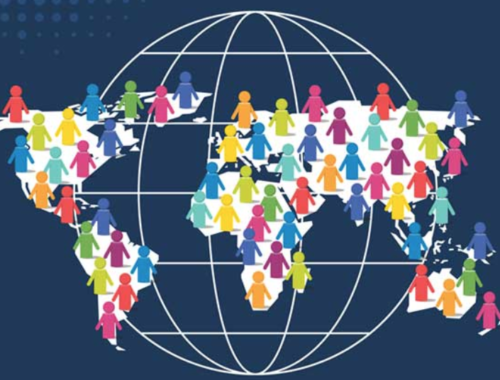Nobel Peace Prize Feeding the Hungry
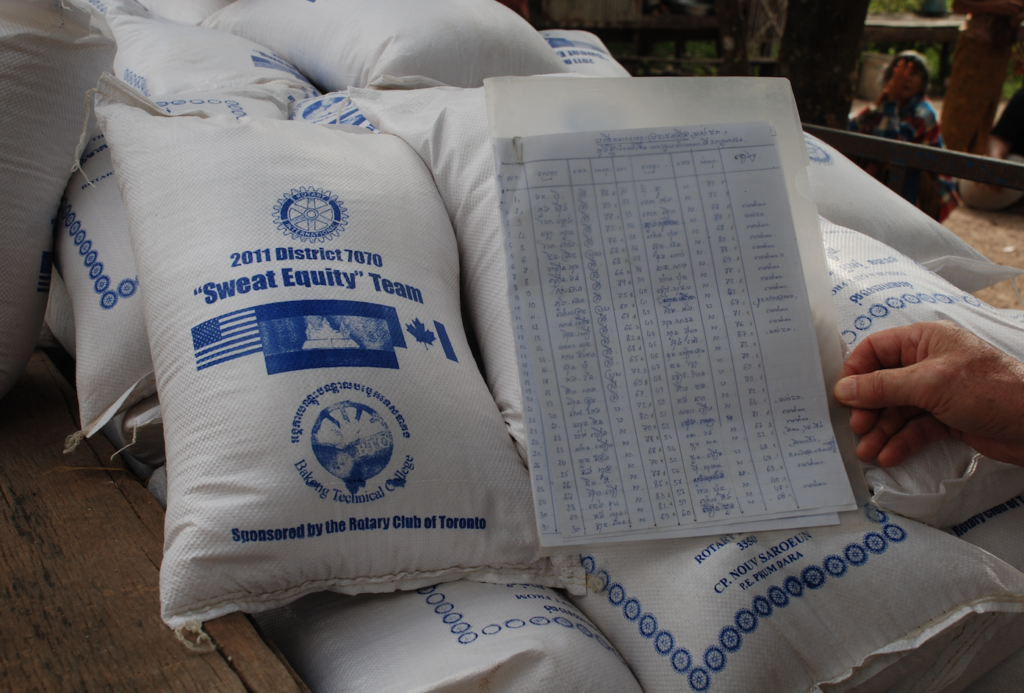
There is more good in the world than bad
Like all the children in line beside him, Richard* was eagerly awaiting his only meal of the day, a porridge-like serving called ugali. Ugali is tasteless and so stiff a spoon would stand up for hours in it without falling over. In spite of this, it did provide enough nutrients and energy so the thousands of children being fed could learn, play and do chores around home.
Richard lived in a small hut in a rural area of Malawi,* with his mother, father, four siblings, and a few chickens who ran in and out. When times were good, they also had a cow who gave them milk.
They had a small piece of land on which to grow maize – however, not this year. In fact, there had been no rain for several years.
In this particular year (2012), approximately a third of the country would be starving were it not for the group serving the food – The U.N. World Food Programme (WFP). This is the same organization that has just been awarded the 2020 Nobel Peace Prize.
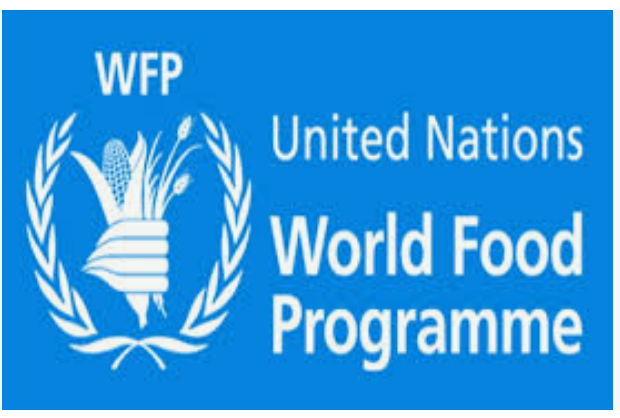
Scenes similar to the above are played out every day by the WFP in over 80 countries around the world. In a given year, almost 100 million people are fed by the WFP, mainly in conflict zones.
In Yemen alone, they feed 12 million per month.
In 2020, the number being fed has increased by an estimated 132 million, largely because of COVID. In recognition of this amazing work they were awarded the NOBEL PEACE PRIZE .
The WFP grew out of a suggestion by former President Eisenhauer and others in 1961 when they asked if the U.N. could form an agency as a pilot project to feed the poor and hungry. The pilot project is now permanent and since that time has fed literally billions of people like Richard.
Pat and I first saw the WFP in action in Malawi. While enroute to a rural AIDS clinic we witnessed thousands of men, women and children – many with sunken faces and children with distended stomachs – wearily trudging along a road to get some rice. We were shocked at what we saw.
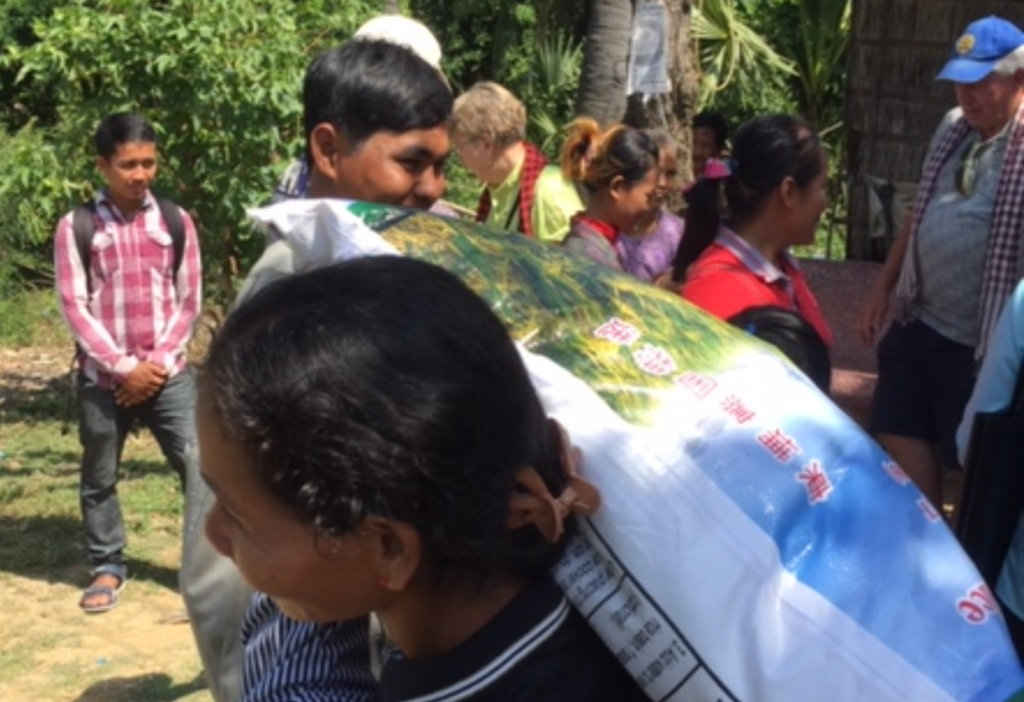
I am sure you have from time to time gone without a meal, and as time approached for the next meal you may have uttered, “I AM STARVING!” Imagine going days without any food and years living on one meal a day.
This procession of these starving people has been etched on our minds and has affected us emotionally ever since.
The WFP has programmes in 83 countries, employs 17,000 people and operates 100 planes and over 5000 vehicles. In addition to providing food, they train farmers, help develop markets, provide fertilizer and teach good nutrition.
For funding they rely on voluntary contributions from governments, corporations and individual donors. While the million or so they will receive as a Nobel prize winner is a big help, David Beasley, the Executive Director of the WFP, on hearing of the award was initially speechless.
He then appealed to the billionaires of this world to fund their $5 billion-dollar shortfall
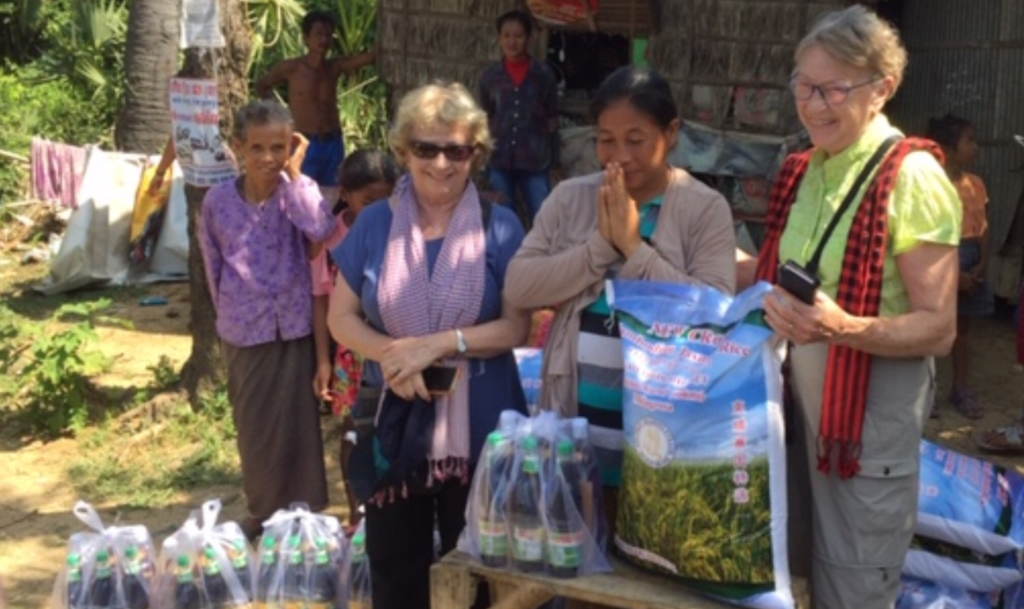
There are many others whose enormous wealth has increased substantially since COVID began. If ever there was income inequality on display it is between these billionaires** and the estimated 784 million people who earn less than$1.90/day (The accepted amount which defines extreme poverty) and cannot even afford to feed themselves.
The U.N. WFP is not alone distributing food to the poor. In fact, they collaborate with over 1000 other NGOS who do the same thing.
Closer to home the need to feed people because of COVID has ballooned. In the U.S. it is estimated one out of 3 families suffer from malnutrition. They may get food but not the right kind. In Canada, Food banks are stretched because of the increased needs.
Getting enough healthy food is also the biggest need of many Indigenous communities.
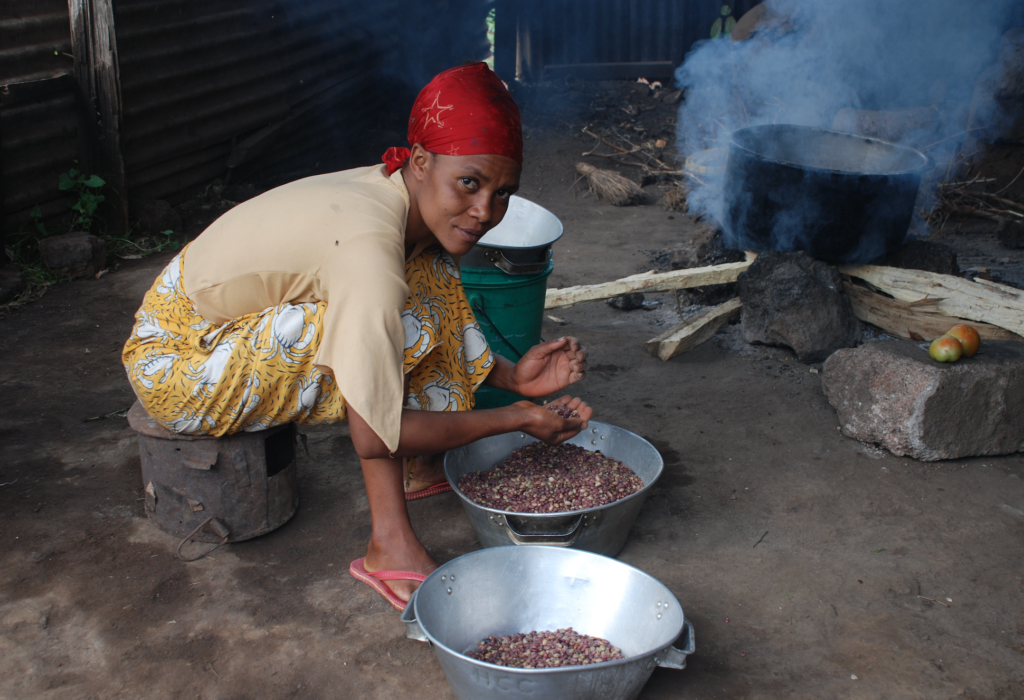
We all know good nutrition is the basis of what sustains us. Maslow put food at the base of the hierarchy of human needs. Good nutrition is responsible for improving educational outcomes, reduces conflicts and provides better short and long-term health.
The WFP is not without its critics. Some argue that aid is not very effective and one Kenyan economist believes that the WFP supplies too much food, leading to reduction of production by local farmers and prolonging conflicts.
There is some merit in these views, however, if you have ever seen children with distended stomachs or all skin and bones due to a lack of either not enough or improper food, these arguments, while important long-term considerations, are moot if someone is starving and needs food now to survive.
I say “Hurray!” and congratulations to the WFP and the 17,000 recipients of the Nobel Peace Prize and “Hurray!” to all those others around the world helping to feed the hungry.
You are all providing Good News and Happenings for many.
Till next time,
Chris Snyder
* Malawi is a small very poor country in South East Africa. Their economy is mainly based on agriculture. It was originally the British run Nyasaland. Hence names like Richard are common
**It is well known many businesses have benefited financially from COVID. For example, Jeff Bezos, the founder of Amazon has seen his net worth increase by $24 billion since COVID started. There are many others who have benefited too.
You May Also Like

Saying Positive and Supportive Things to Others
August 13, 2023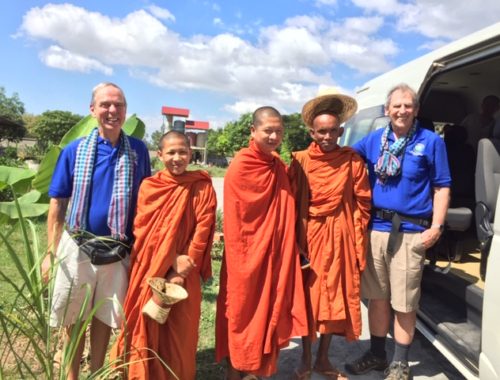
Cambodia!
January 13, 2019